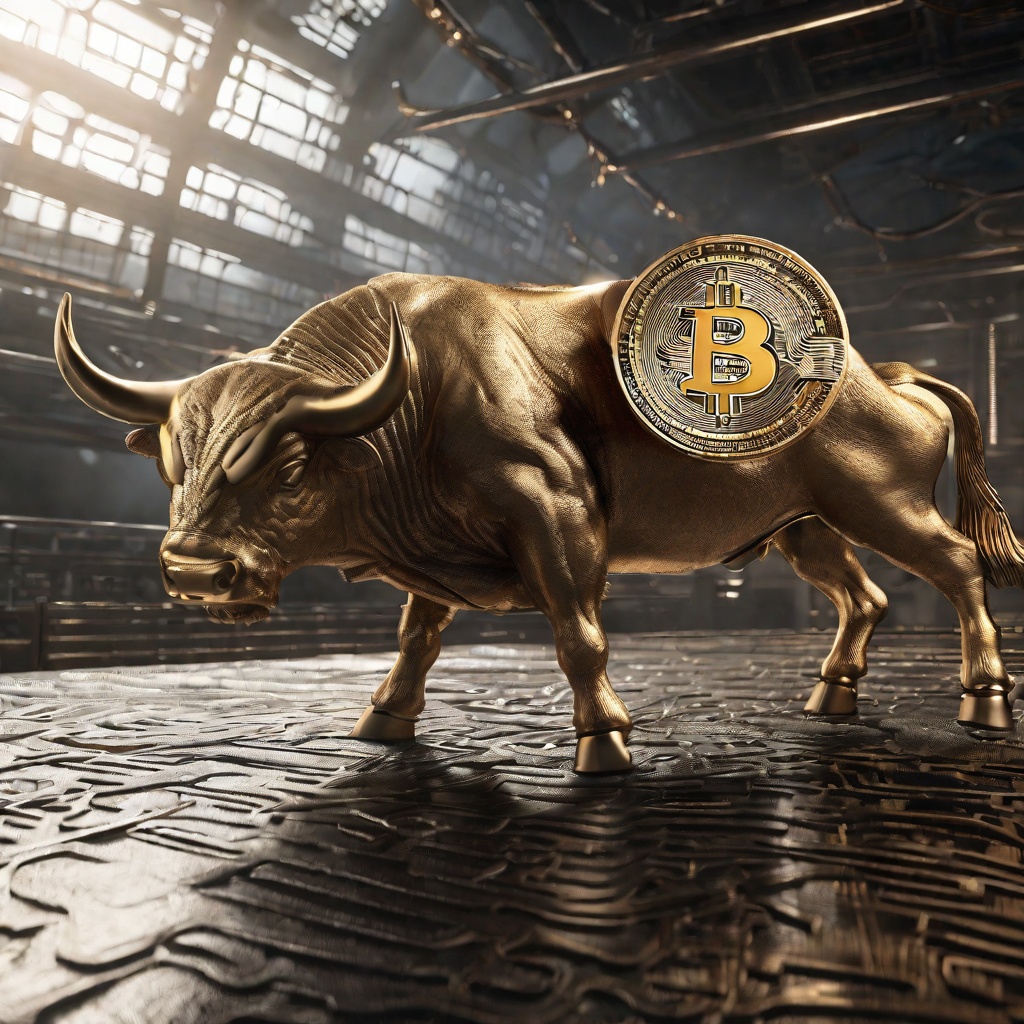How do bitcoin miners achieve consensus?
In the realm of cryptocurrency and finance, a pivotal question often arises: How do bitcoin miners achieve consensus? The answer lies in the intricate yet elegant mechanism known as the blockchain and the mining process itself. Miners, through their computational power, solve complex mathematical puzzles to validate transactions and create new blocks in the blockchain. These blocks are then linked together, forming a chain that serves as a public ledger, ensuring the integrity and transparency of all transactions. Achieving consensus among miners is crucial for the security and stability of the network. It ensures that all miners agree on the current state of the blockchain, preventing double-spending and other forms of fraud. Can you elaborate on the specific processes and mechanisms that miners employ to reach this consensus?

How many bitcoin miners are still in China?
With the shifting global landscape of cryptocurrency mining, the question of "How many bitcoin miners are still in China?" remains pertinent. China, once a dominant force in the mining industry, has faced a series of regulatory challenges that have forced many miners to relocate or shut down. However, the country's robust infrastructure and low-cost energy resources continue to attract miners, leading to speculation about the current size of the Chinese mining community. The answer to this question is crucial for understanding the global distribution of mining power and the implications it may have on the security and stability of the Bitcoin network.

What happened to bitcoin miners?
I've been hearing a lot about Bitcoin miners lately, but I'm not entirely clear on what's been happening with them. Could you provide a concise overview? I've heard mention of decreasing profits, increased competition, and even some legal issues. Is it still profitable for miners to operate? What challenges are they facing? And how does this impact the overall bitcoin ecosystem? I'm particularly interested in understanding the financial implications for miners and how they're adapting to the changing landscape.

Are bitcoin miners sending record amounts of BTC to centralized crypto exchanges?
Could you elaborate on the current trend of Bitcoin miners sending large amounts of BTC to centralized crypto exchanges? Are we witnessing unprecedented levels of activity in this regard? Have there been any significant changes in miner behavior that could explain this surge? What are the potential implications for the crypto market, especially given the centralized nature of these exchanges? Is this a sign of increased institutional interest or perhaps a strategy by miners to capitalize on current market conditions?

What is the Valkyrie bitcoin miners ETF (WGMI)?
Could you elaborate on the Valkyrie Bitcoin Miners ETF, commonly referred to as WGMI? I'm curious to understand what this financial instrument entails. Is it an exchange-traded fund that specifically targets investments in companies engaged in bitcoin mining? If so, how does it work? Does it aim to track the performance of the overall bitcoin mining industry or a specific subset of miners? Also, what are the potential risks and rewards associated with investing in such an ETF?

